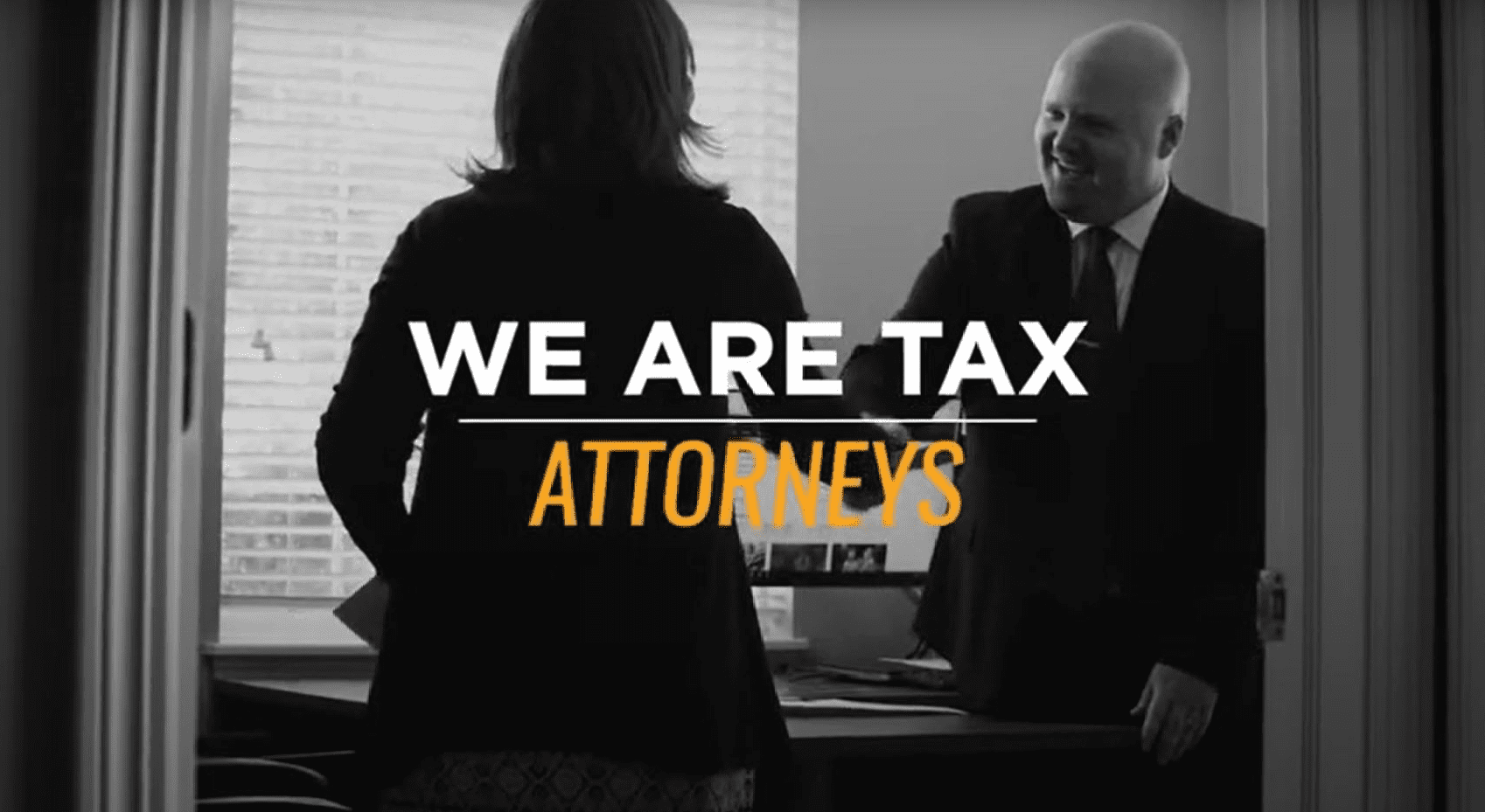IRS Lien & Levy Release
One of the first things I look at as IRS tax relief attorney is whether or not there are liens and levies that need released.
Typically, the biggest concern taxpayers have is if their paychecks or bank accounts are being garnished by the IRS. This is typically a high priority and there are several ways we can stop IRS garnishments (levies).
One of the best ways to get a garnishment released is by showing that it is causing a financial hardship. Here are four steps we take to show the IRS that the levy should be released due to hardship.
Get Help from a IRS Tax Relief Attorney for Texas
Learn how an IRS Tax Relief Attorney can resolve your back tax
When will the IRS agree to release a wage garnishment or bank levy?
When you're bank account or wages get hit with a levy or garnishment, it is time to call a tax relief attorney.
A tax relief attorney know that there are several reasons when the IRS will agree to release a levy. As I use it below, a garnishment and levy mean the same thing (it is an IRS seizure).
Either way, you will need help from an IRS tax relief attorney for Texas to get the IRS to release the levy. In fact, you may even need to file an appeal with the IRS.
(1) Financial Hardship (a tax relief attorney will always consider this as a first option to release the levy)
A financial hardship simply means that your gross household income less allowed household expenses is zero dollar (or less than zero dollars). To show this to the IRS, we use a 433-A (if there is a revenue officer involved), or a 433-F (if your account is with IRS ACS).
Typically, supporting documents such as paystubs or bank statements may be required to support the financial forms (the Collection Information Statement). A tax relief attorney are specifically trained to maximize expenses and minimize gross income.
If we can substantiate a financial hardship, the IRS will immediately release the levy. Typically, if they don’t, we will file an expedited appeal through CAP (Collection Appeal Program). The other good thing is that if you are under a financial hardship, you may likely qualify for an Offer in Compromise too.
(2) Collection Statute Expiration (CSED) Already Expired
Tax debt has a ten-year statute of limitations. Ten years after the date of assessment, the tax debt is written off. Certain events, like bankruptcy or filing an Offer in Compromise, will “toll” or stop the clock.
Many times, the IRS computers have inaccurate information about Collection Statute Expiration Date (“CSED”). If the IRS levies funds from you, but the CSED has already, they must release the levy and return the funds to you.
As such, it is important to review your IRS account transcripts. The account transcript will show each tax period and the dates of each assessment. Additionally, events that may toll the CSED will be listed as well.
When reviewing the transcripts, pay close attention to amended return dates or substitute for return reconsiderations. These typically will throw off the CSED calculation on the IRS computer.
(3) You Enter into an IRS Installment Agreement
If the IRS accepts a proposal for an Installment Agreement (monthly payment plan for your back taxes), then the IRS must typically release the levy. As a tax relief attorney, we use this option a lot as it is a rather quick way to get the levy released, particularly if a client does not qualify for a financial hardship.
It is much better to be on an installment agreement than to have a wage garnishment as you have more control over the terms of the payment, and, typically, the payment amount is a lot less.
Typically, if your IRS balance is under $100,000, you will not have to provide financial information to set up the installment agreement. An installment agreement request is generally made with form 433-D (direct debit installment agreement).
(4) Releasing the Levy Will Help you Pay Your Taxes
This may seem counterintuitive, but we use this reason a lot. If, for example, you have a business with employees and the IRS levies your bank account, you may not be able to meet payroll. As such, your business may collapse. This could prove disastrous to the IRS in terms of collecting the back tax.
As such, if we can show that the IRS will likely get more taxes paid back by releasing the levy, they are obligated to do so. Additionally, similar to a financial hardship, if your finances do not allow for the amount of the garnishment, providing financial information may, at a minimum, reduce the amount that the IRS can levy from you.
Regardless, it is important to work with an IRS tax relief attorney to consider what your best option would be to lift the garnishment and ultimately resolve your IRS back tax.
(5) You Paid the Amount You Owe
I have seen this one rather much lately. You mailed a check in and it is still being processed. However, the wage garnishment shows up and the employer starts withholding from your paycheck.
Obviously, this will put you into a “refund” position if your check will pay off the taxes once the check is posted. As such, the IRS should immediately release the levy and stop the wage garnishment.
Typically, employers will not release a wage garnishment until they receive the release directly from the IRS. As such, it is important to get the fax number of your employer so that the revenue officer can fax it directly to the employer. For the most part, you handing your employer a release will not release the garnishment.
Get a Fresh Start with an IRS Tax Relief Attorney for Texas Today
If you are ready to have IRS Tax Relief Attorney for Texas look at your case to see if you qualify for an Offer in Compromise, click here to get the process started today.
If you have a tax levy or garnishment, it is important to act quick. Especially, if you have a bank levy, the bank will hold the funds for 21 days to allow you to resolve the issue with the IRS. Additionally, if the IRS is not releasing a levy, it is important to consider filing an appeal. There are typically CAP (Collection Appeal Program) and CDP (Collection Due Process) appeal options available.
Call us directly for a free consultation at 330-331-7611.





